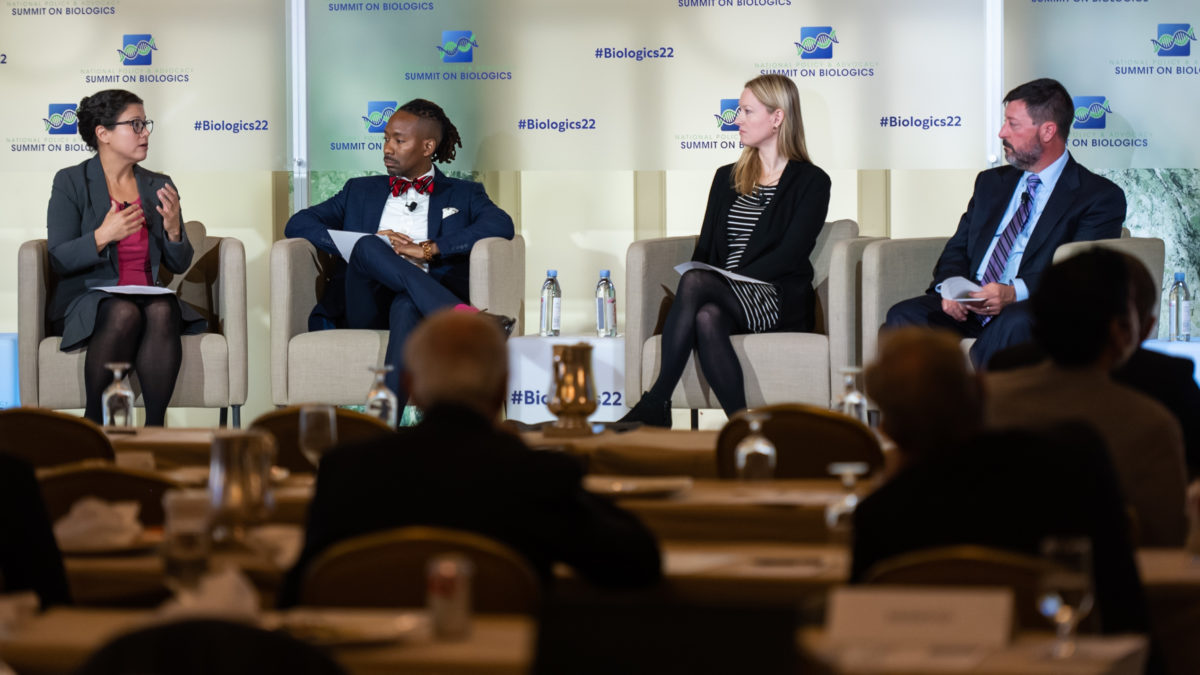The Biologics Prescribers Collaborative brought together patients, health care providers and advocates to discuss the most pressing issues as well as the future of the biologics and biosimilars landscape. They also discussed best practices for engaging in advocacy efforts and the policymaking process.
In case you missed the October 19 event, here’s a summary of the event in five quotes.
- “When patients are self-injecting, and their new injectable looks totally different, there’s going to be pushback.”
According to Wesley Mizutani, MD, a rheumatologist who practices in California, effective patient education will be a necessary component of successful biosimilar uptake. As more biosimilars become available in the coming years, there is a high likelihood these less costly alternatives will be substituted for their reference biologics. This could create confusion or concerns among patients, unless they understand why their medication is being changed and they have confidence in the replacement drug.
- “All we want is to be seen and heard.”
Kita Hardy, a patient ambassador from Color of Crohn’s and Chronic Illness, tearfully recounted her experience searching for a diagnosis and the difficulties she faced along the way. Communities of color often face greater challenges getting appropriate care, she explained, and they need allies who will work to overcome these obstacles to access.
- “I can share my education and training to people within a 50-mile radius, and I can share it with 50 million people overnight.”
In his keynote address, Sanjay Juneja, MD, spoke about reaching patients and caregivers around the world via his digital platforms. Juneja is known for distilling complicated cancer concepts like testing and treatment options into short, catchy, accessible videos. “The Onc Doc,” as he’s known online, emphasized the benefits of using social media to broadly and creatively disseminate useful medical information while also dispelling fast-spreading misinformation.
- “The biggest pressures we face are consolidation of practices and vertical integration.”
Kathy Oubre, a board member of the Community Oncology Alliance, noted that community oncology practices are facing many obstacles that make delivering patient-centered care increasingly more challenging. While the explosion of biosimilars has expanded the number of options for treating cancer, certain regulatory, business and insurance policies threaten the viability of the practices that administer those medications and deliver lifesaving care.
- “Your member of Congress will not know there’s a problem until you bring it to them.”
Advocating for medication access can take many forms, Leslie Narramore, Director of Regulatory Affairs with the American Gastroenterological Association, explained. One approach is to bring stories about the harmful impact of utilization management obstacles, like onerous step therapy, to the attention of elected officials. Narramore also described how speaking out on social media can be effective for drawing attention to problematic policies.
Just as ongoing innovation will continue to yield new biologics and biosimilars, panelists throughout the event showcased that ongoing advocacy will be necessary to ensure policy and regulatory environments support patients’ ability to access these lifechanging drugs.
A recording of the summit is available to watch here.
